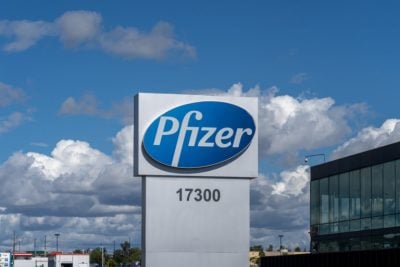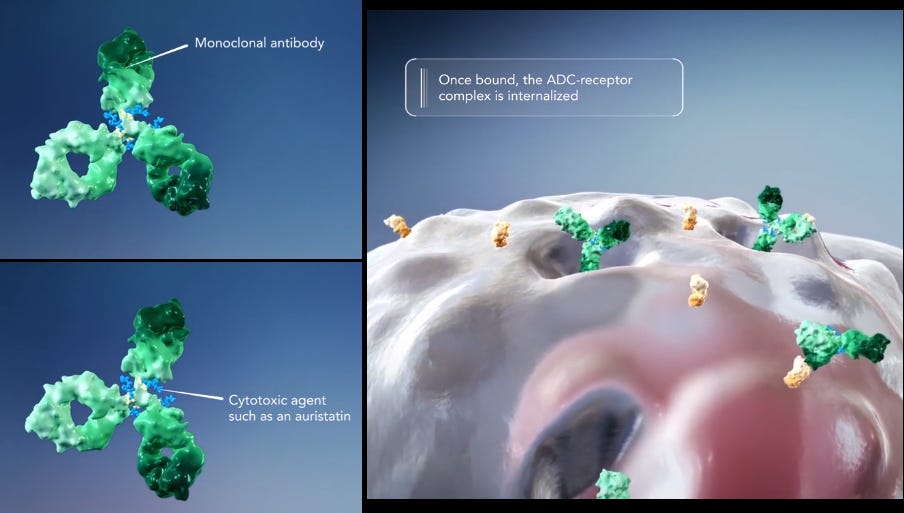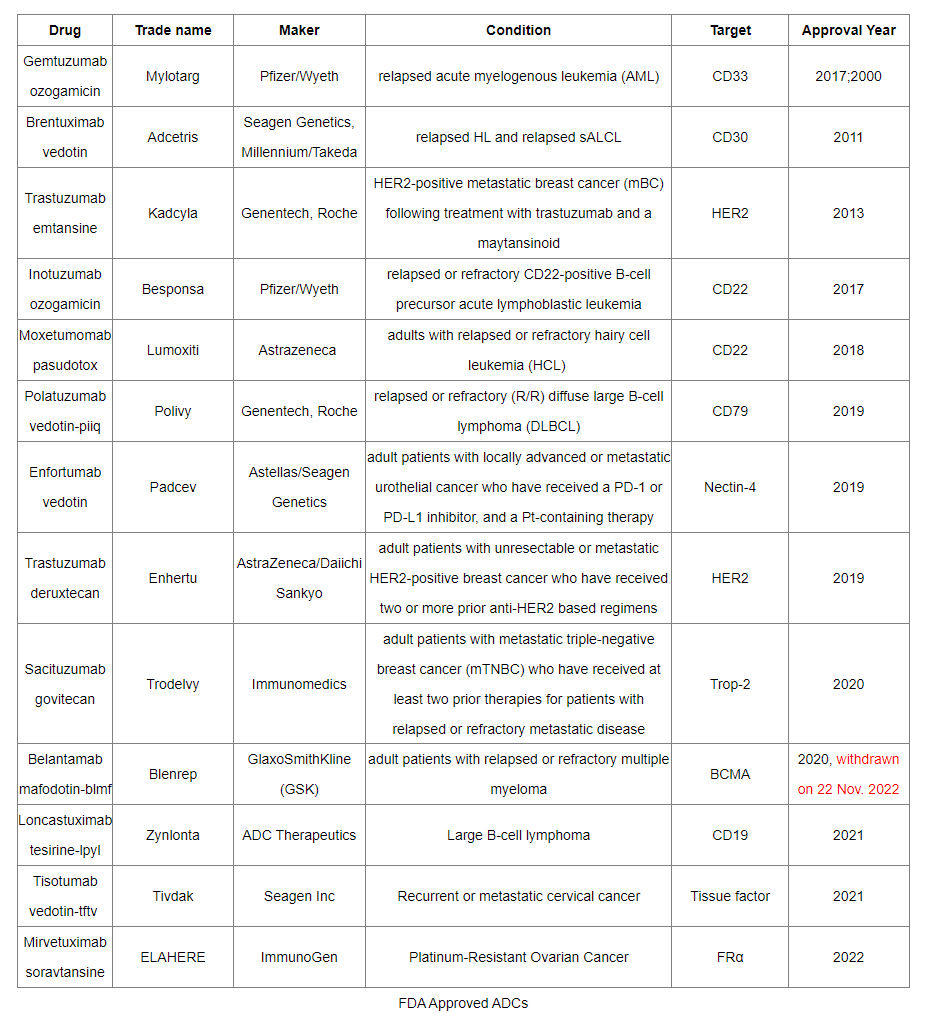Pfizer Just Bought a Cancer Treatment Company for $43 Billion. Create the Problem, Offer a Solution.

All Global Research articles can be read in 51 languages by activating the Translate Website button below the author’s name (desktop version)
To receive Global Research’s Daily Newsletter (selected articles), click here.
Follow us on Instagram and Twitter and subscribe to our Telegram Channel. Feel free to repost and share widely Global Research articles.
***
CNBC just announced: “Pfizer CEO says it will be able to deliver Seagen’s cancer therapy at a scale not seen before with $43 billion deal” (click here)
Seagen is a “leading developer” of medicine called antibody-drug conjugates, or ADCs, which are designed to kill cancer cells and spare healthy ones. ADCs use antibodies to deliver small molecule drugs directly to a tumor site, which may reduce side effects and offer greater efficacy, according to Seagen’s website.
First, this is nothing like mRNA. These are monoclonal antibodies carrying cytotoxic drug molecules to tumor receptors; once they bind they get internalized into the tumor cell, release the cytotoxic compound which halts cell replication and instructs the cell to die (apoptosis). It sounds good in theory and it has been tried (unsuccessfully) many times before.
It’s important to stress that this is not a new technology, it has been around for at least a decade.

Early attempts at developing antibody-drug conjugates had disappointing results, largely because the linkers (between the antibody and the drugs) were not stable enough to get the cytotoxic agents to the cancer cells. If the toxins release early, they can kill off healthy cells instead of cancerous ones.
“One challenge is that cells often have proteases—enzymes that degrade proteins—and can split from the back end of the antibody, where the chemotherapy is bound to the antibody”
Monoclonal antibodies come with a whole list of side effects, which I won’t cover in this article, but they are covered well in this Uptodate article (click here).
To date, the FDA has approved a dozen ADCs to treat cancer, with more than 100 in development in different clinical trials. The antibody-drug conjugates now available are being used to treat forms of leukemia, lymphoma, breast cancer, cervical cancer, bladder cancer and multiple myeloma. Seven received their approvals from 2019 to 2021, including: (click here)(click here)

Seagen will bulk up Pfizer’s cancer treatment portfolio, bringing four approved cancer therapies with combined sales of nearly $2 billion in 2022. Seagen’s top seller Adcetris, which treats lymph system cancers, brought in $839 million alone in sales last year.
Pfizer added that Seagen could contribute more than $10 billion in risk-adjusted sales by 2030, “with potential for significant growth” beyond that year.
The deal comes as Pfizer prepares for a decline in Covid-related sales this year.
It will help Pfizer sharpen its focus on oncology, a field the company believes will be the industry’s biggest growth market.
Pfizer’s oncology division raked in $12.1 billion in revenue last year. The company has 24 approved treatments in the division.
Pfizer CEO Bourla emphasized during the interview that cancer’s impact reaches far beyond the patients themselves: “If not patients, they will be affected as husband or wife, they will be affected as daughter or son.”
This looks like an attempt by Pfizer to eventually monopolize or corner the market on what it perceives to be the most profitable novel cancer treatments in the future.
With this acquisition, Pfizer will own 5 of the 13 FDA approved ADCs with many more in the pipeline.
Pfizer’s focus seems to be on leukemias and lymphomas, which are “coincidentally” skyrocketing in COVID-19 mRNA vaccinated individuals, as well as breast cancers and cervical cancers, which have also spiked since the rollout of COVID-19 vaccines.
As I have grown more cynical over the last three years, it would not surprise me in the least, to learn that Pfizer has perfectly positioned itself to profit off the cancers that its first mRNA vaccine, the COVID-19 vaccine, caused in the first place.
Interestingly, Pfizer CEO Bourla expects virtually everyone to be impacted by cancer going forward, and if you’re not one of every three people directly diagnosed with cancer, you will be a family member to a cancer patient.
And Pfizer will be right there to profit from everyone’s misery.
*
Note to readers: Please click the share buttons above. Follow us on Instagram and Twitter and subscribe to our Telegram Channel. Feel free to repost and share widely Global Research articles.
Dr. William Makis is a Canadian physician with expertise in Radiology, Oncology and Immunology. Governor General’s Medal, University of Toronto Scholar. Author of 100+ peer-reviewed medical publications.
Featured image is from TrialSiteNews
This article has been archived for your research. The original version from Global Research can be found here.

